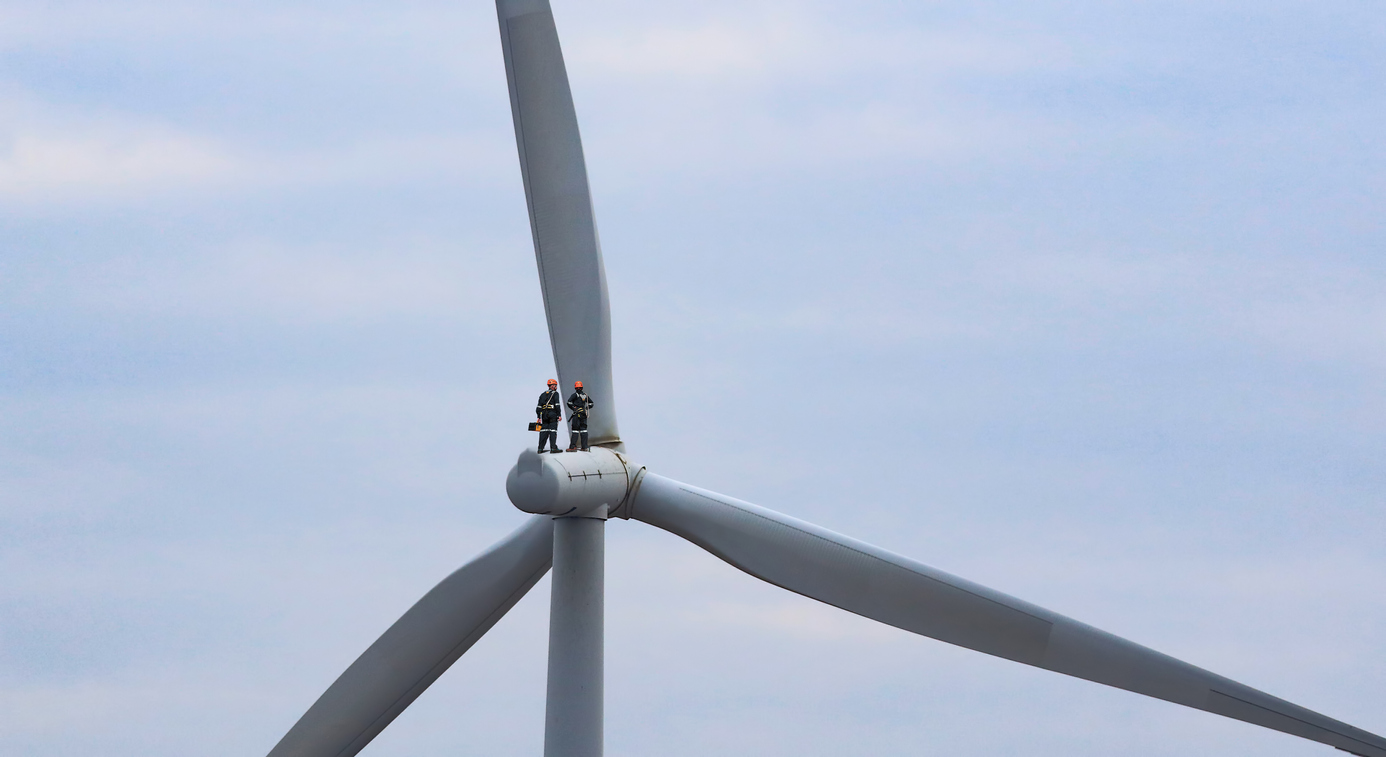EirBLADE
National REposItory of Decommissioned Wind Turbine BLADEs. EirBLADE will advance clean energy by fully transforming wind industry waste into resources for the circular economy
.jpg)
In Brief
- Challenge: Energy Innovation Challenge
- Challenge Type: National Challenge Fund
- Status: Active
The Challenge
Wind Energy Ireland reports that building more wind farms, onshore and offshore, would significantly contribute to Ireland’s 2030 energy target, cutting the country’s carbon emissions by 51%. However, 11,000 tons of wind turbine blades (WTBs) are due to be decommissioned in Ireland by 2025. Unfortunately, the glass fibre materials used in the construction of these blades are not biodegradable and Wind Europe has suggested the introduction of a landfill ban for blades by 2025. Wind turbine blade reuse in civil engineering and other applications is in its infancy, and is not utilized on the larger scale - mainly because there is no information on the current stock of WTBs in Ireland and their mechanical fitness to be reused in second life structures. A life-cycle assessment used to determine the marginal environmental impacts of replacing raw material by blade material that focused on greenhouse gas emissions estimated that 342 kg CO2 equivalent can be saved for every tonne of blade waste used.
The Solution
The project brings together an interdisciplinary team to provide a national digital database (EirBLADE) comprising information that enables repurposing of decommissioned wind turbine blades into second life structures. The work assimilates fundamental structural engineering, novel material science, and life-cycle analysis and will result in a series of protocols that will inform technical standards and regulations enabling sustainable repurposing on a bigger scale. The creation of EirBLADE will be a key step in enabling the repurposing of WTBs on a large scale, thereby advancing clean energy by transforming waste into resources. The EirBLADE database will establish the process of green procurement, which has the potential to create demand for repurposed blade products, contributing to sustainable living and job creation.
The Team
- Team Lead Dr Vesna Jaksic, Munster Technological University
- Team Co-Lead Dr Paul Leahy, University College Cork
Societal Impact Champion
- Dr Cormac Ó Súilleabháin, Cork County Council